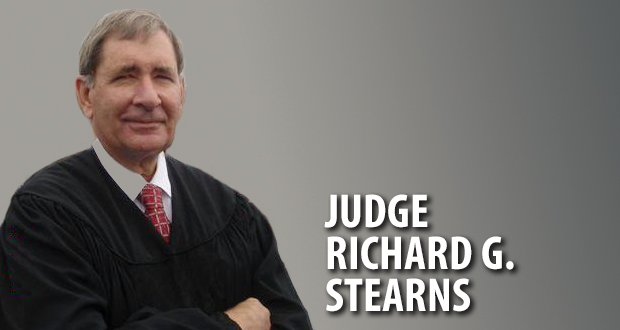A federal judge in Boston has issued a temporary restraining order enjoining the enforcement of key provisions of emergency regulations issued in March by the state Attorney General’s Office to protect consumers from unfair and deceptive debt collection practices during the COVID-19 crisis.
U.S. District Court Judge Richard G. Stearns’ May 6 order prohibits Attorney General Maura Healey from enforcing the entirety of 940 CMR 35.04, which bans telephonic communications initiated by certain debt collectors with consumers in connection with the payment of a debt.
In addition, the judge’s order bars the enforcement of 940 CMR 35.03 insofar as it bars certain debt collectors from bringing enforcement actions in the state and federal courts of Massachusetts.
 “Given the plethora of protection provided to debtors by [existing laws and regulations], the interest a debtor may have in the Regulation may not weigh as heavily as the threat of extinction faced by smaller collection agencies who have been effectively put out of business,” Stearns wrote. “Of perhaps greater concern is the impact the Regulation may have on hospitals and utilities who depend on collection agencies to remain solvent.”
“Given the plethora of protection provided to debtors by [existing laws and regulations], the interest a debtor may have in the Regulation may not weigh as heavily as the threat of extinction faced by smaller collection agencies who have been effectively put out of business,” Stearns wrote. “Of perhaps greater concern is the impact the Regulation may have on hospitals and utilities who depend on collection agencies to remain solvent.”
The Massachusetts AG’s Office issued the emergency regulations March 27.
“The COVID-19 crisis has caused substantial medical and financial hardship for families in Massachusetts, and we want to do everything we can to protect them from further harm,” said Healey in announcing the regulations. “This emergency regulation puts additional restrictions in place to prevent debt collectors and creditors from harassing our residents.”
On April 20, the trade group Association of Credit and Collection Professionals filed a complaint challenging the constitutionality of the regulations. Judge Stearns found the regulations violated the First Amendment.
“The Regulation does not insulate a home dweller from debt collection efforts — mortgagors, landlords, and nonprofit entities, among others are excepted from the ban — rather it singles out one group debt collectors and imposes a blanket suppression order on their ability to use what they believe is their most effective means of communication, the telephone,” the judge wrote. “If what the Attorney General meant to accomplish by way of the Regulation was a strict-liability ban on all deceptive and misleading debt collection calls, the Regulation is redundant as that is already the law, both state and federally.”
The 29-page decision is ACA International v. Healey.
 New England Biz Law Update
New England Biz Law Update
